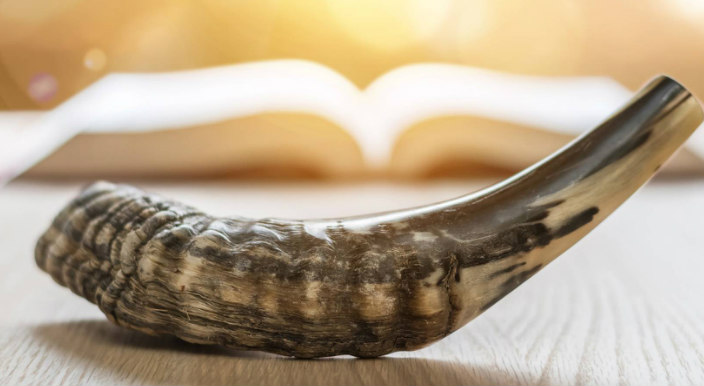This year, Yom Kippur and Shabbat fall on the same day. A blessing for any rabbi because it gives so much Torah to choose from in writing this Shabbat message. Over the course of the 25-hour holiday (from sundown on Friday through Havdallah on Saturday) we’ll read excerpts from two different Torah portions: Nitzavim in the morning and Kedoshim in the evening. Plus, there are more portions to choose from, depending on your Jewish community.
Parashat Nitzavim, which comes from Deuteronomy and which we read only a couple weeks ago, sets the stage for the profound introspection and repentance that characterize the Day of Atonement. The connection between this parasha and the Vidui, the confessional prayer recited on Yom Kippur, is deep and complex. Both texts explore themes of accountability, choice, and the path to redemption.
Nitzavim presents a stark choice before the Israelites: to choose life or death. This choice, Moses emphasizes, is not merely a theoretical one but a practical decision that will shape the Israelite’s destiny. The Israelites are urged to embrace life, to love God with all their heart, soul, and might, and to observe God’s commandments. This choice is echoed in our Vidui, where individuals are called to acknowledge their sins and to choose the path of teshuvah, repentance.
The Vidui is a powerful declaration of personal and communal accountability. It acknowledges the myriad ways in which we have fallen short of God’s expectations. The confession is not merely a recitation of sins but a heartfelt acknowledgment of the ways in which one’s actions have harmed oneself and others. This sense of responsibility is central to both Nitzavim and the Vidui.
The concept of choice is so prominent in Nitzavim and the Vidui. The confession is not merely a passive act of acknowledging one’s shortcomings but an active choice to turn away from sin and embrace a new path. The Vidui is a declaration of intention, a commitment to change. This choice is rooted in the belief that individuals have the power to shape their own destinies, a belief that is echoed in the choice presented to the Israelites in Nitzavim.
The path to redemption is a complex one. It requires both humility and determination. In Nitzavim, Moses emphasizes the importance of returning to God with all one’s heart. This requires a recognition of one’s own limitations and a willingness to submit to God’s will. Similarly, the Vidui calls for a humble acknowledgment of one’s sins and a sincere desire to make amends.
At their core, Nitzavim and the Vidui bring forward the idea of brit, of covenant. In Nitzavim, Moses reminds the Israelites of their brit with God, a sacred bond that binds them together. This brit is a source of both protection and responsibility. Similarly, the Vidui is a renewal of the individual’s brit with God. By acknowledging one’s sins and committing to teshuvah, the individual reaffirms their commitment to God’s teachings and seeks to restore their relationship with the divine.
When the rabbis of old offered parashat Nitzavim and the Vidui to us in the same Yom Kippur morning service, they called us to explore themes of choice, accountability, and the path to redemption. Both texts emphasize the importance of responsibility and the power of choice. By acknowledging our sins and committing to teshuvah, we can spend this year of 5785 renewing our relationship with God and continuing our spiritual journeys.
G’mar Chatima Tova, may each of us be marked for good in this new year, and Shabbat Shalom.

